The UK warns Israel against annexation in a decisive diplomatic shift aimed at reviving the two-state solution. By officially recognizing Palestinian statehood, the United Kingdom joins Canada, Australia, and Portugal in a coordinated move to restore peace and accountability in the Middle East.
UK Recognition of Palestine Signals Global Shift
Prime Minister Sir Keir Starmer announced the recognition, calling it both a moral obligation and a strategic necessity. He stressed that the move does not reward violence. Instead, it signals a renewed commitment to justice, regional stability, and the rights of Palestinians to self-determination.
Foreign Secretary Yvette Cooper echoed this message ahead of a United Nations summit in New York. France, Belgium, and Saudi Arabia are expected to support similar recognition. Cooper emphasized that the UK warns Israel’s annexation must not follow this diplomatic step.
UK Warns Israel: No West Bank Retaliation
“We’ve warned Israel not to retaliate by annexing parts of the West Bank,” Cooper stated during an international interview. “This recognition supports peace and affirms the rights of Palestinians to a state of their own, just as we recognize Israel’s right to exist.”
Israeli Prime Minister Benjamin Netanyahu condemned the move, calling it “a huge reward to terrorism.” His government reaffirmed plans to expand settlements in the West Bank, which international law considers illegal. Moreover, far-right minister Itamar Ben Gvir called for full annexation and the dismantling of the Palestinian Authority.
Palestinian Leaders Endorse UK’s Diplomatic Stand
Palestinian Authority President Mahmoud Abbas praised the UK’s recognition, saying it could help pave the way for peaceful coexistence. Jenin’s mayor, Mohammed Jarrar, added that the move affirms Palestinian sovereignty—even under occupation.
Meanwhile, the United States criticized the decision, describing it as a diplomatic gift to Hamas. Officials cited the group’s October 2023 attack, which killed 1,200 Israelis and led to 251 hostages. However, Starmer responded firmly, stating Hamas would have no role in future governance or security. The UK has already proscribed Hamas and plans further sanctions.
Urgent Call to Protect Two-State Solution
Middle East Minister Hamish Falconer warned that the two-state solution faces unprecedented threats. “We must act now,” he told global media. “The chance for peace is slipping away, and extremists on both sides are trying to destroy it.”
Hamas called the recognition an “important step” but demanded immediate action to end the war. Liberal Democrats leader Sir Ed Davey supported the UK’s move and urged pressure on Israel to stop military operations and allow humanitarian aid into Gaza.
UN Accusations Deepen Humanitarian Debate
A recent UN report accused Israel of genocide in Gaza. Nearly 65,000 people have died, and famine has spread. Israel rejected the report, blaming aid agencies and Hamas for the crisis. Netanyahu denied that starvation exists in Gaza and accused humanitarian organizations of mismanagement.
UK Warns Israel Annexation Could Derail Peace
The UK now seeks international consensus at the UN General Assembly. Although symbolic, the recognition aligns with the vision of two states living peacefully. It supports East Jerusalem as Palestine’s capital and calls for borders based on the pre-1967 lines.
Currently, around 75% of UN member states recognize Palestine as a state. However, it lacks internationally agreed borders, a capital, or a standing army. The UK warns Israel’s annexation must not derail this renewed diplomatic momentum.
Global Momentum Builds as UK Warns Israel Annexation Threatens Peace
Later today, additional countries—including France and Belgium—are expected to formally recognize a Palestinian state during a high-level United Nations conference in New York. The summit, co-hosted by French President Emmanuel Macron and Saudi Crown Prince Mohammed bin Salman, will center on advancing a two-state solution between Israel and the Palestinians. This follows coordinated announcements from the UK, Canada, and Australia, signaling growing international consensus around Palestinian statehood and renewed diplomatic urgency for peace in the region.

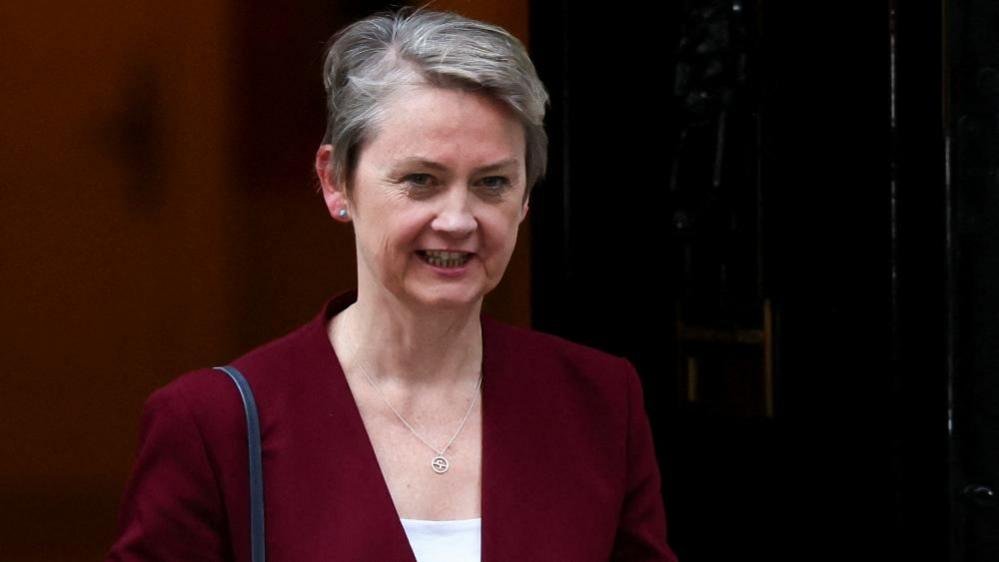
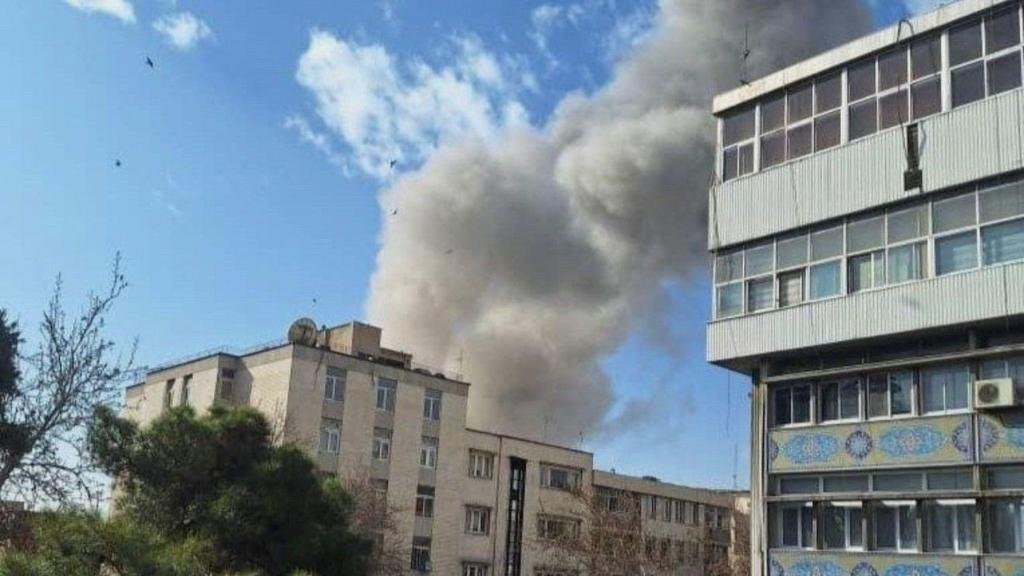
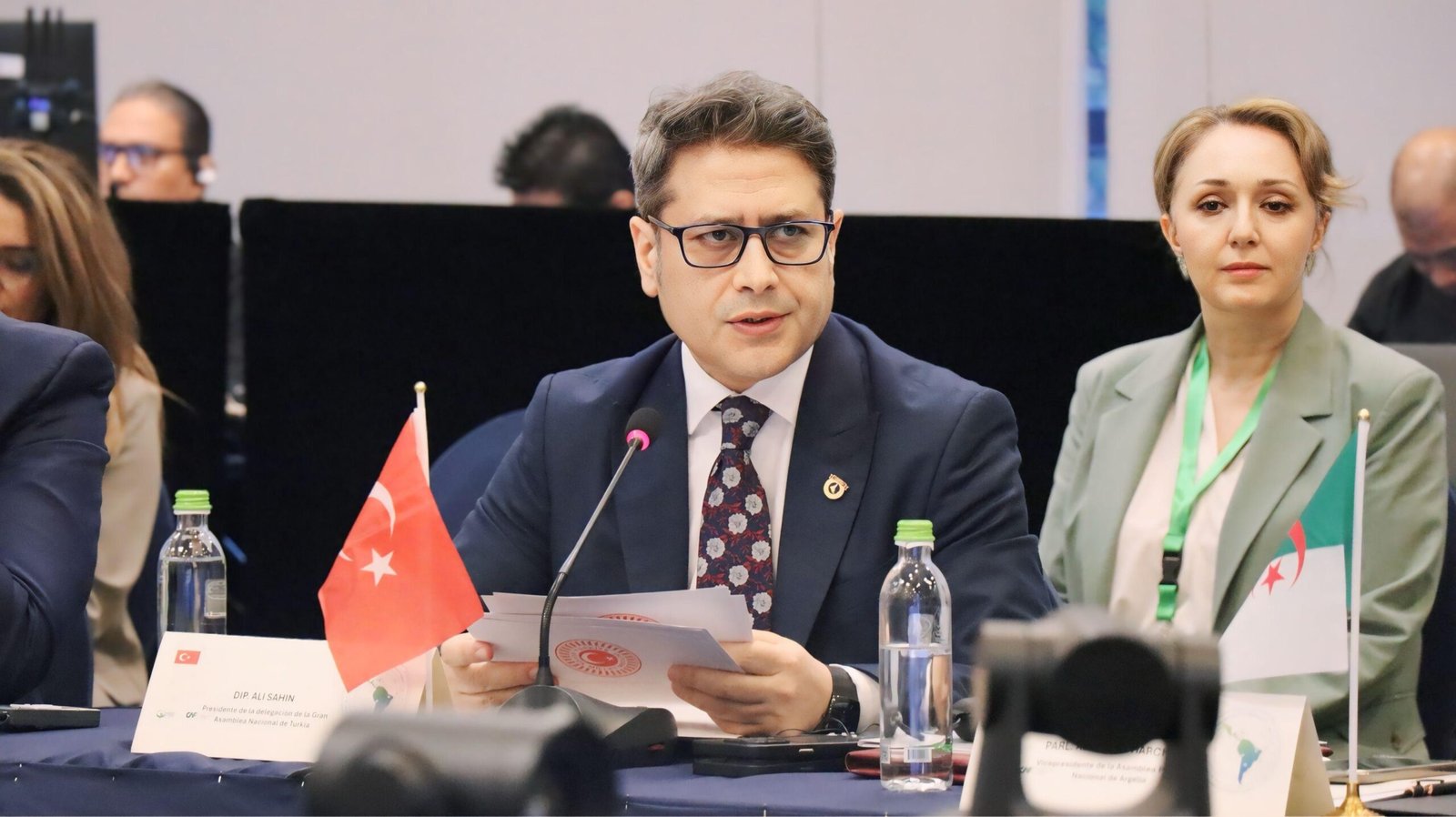


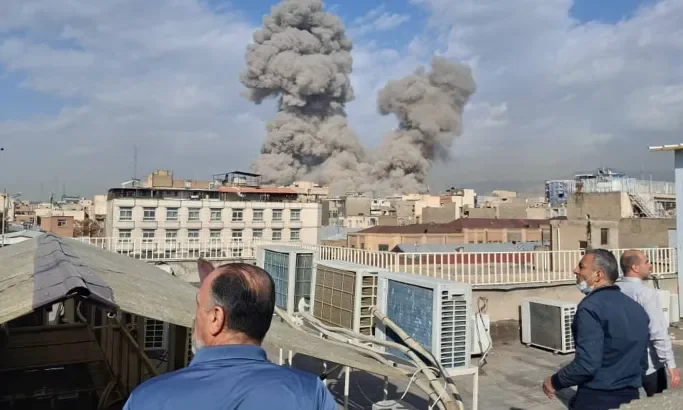
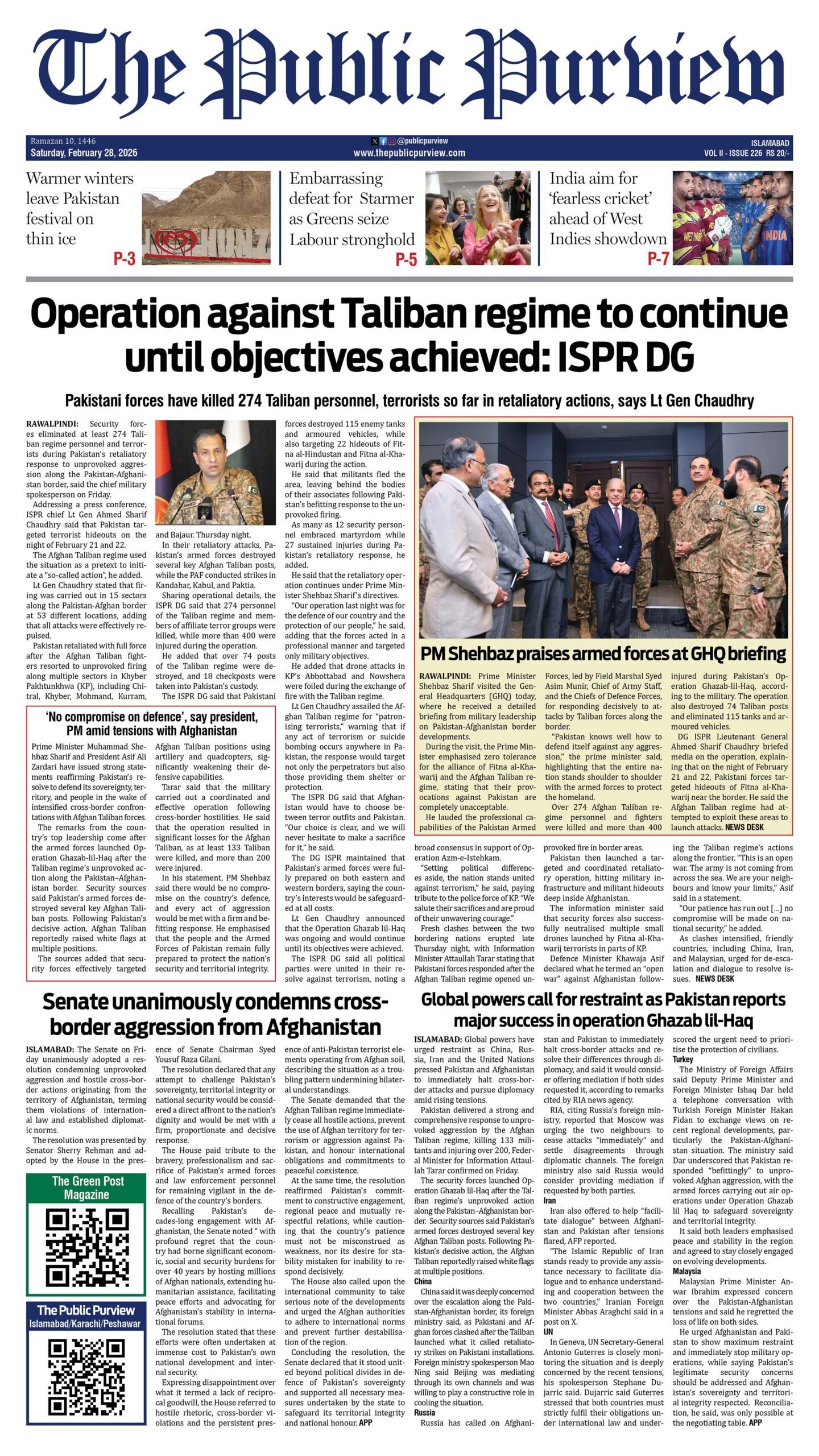 Today's E-Paper
Today's E-Paper